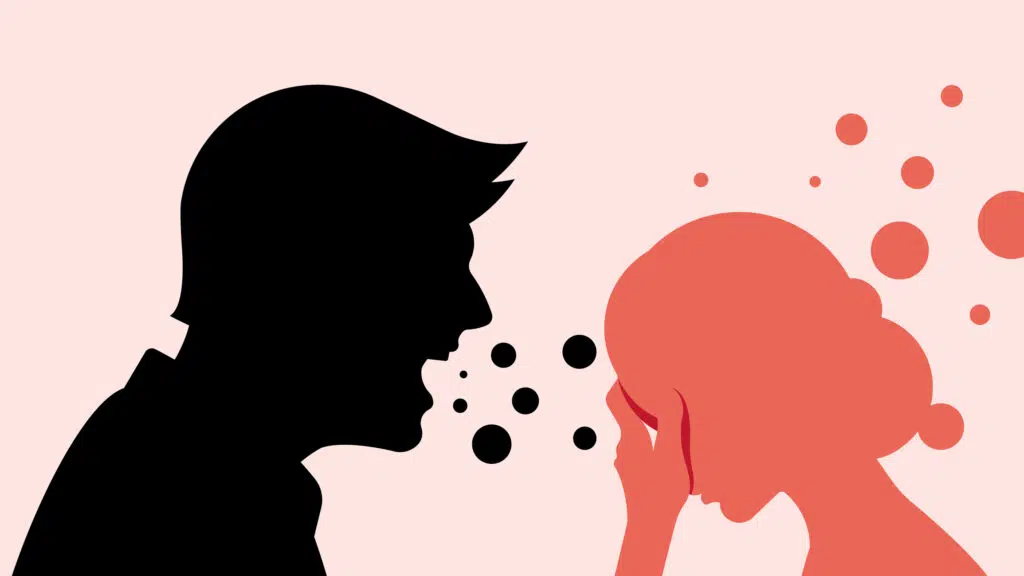Managing Anxiety During the COVID-19 Pandemic

The ongoing COVID-19 pandemic has uprooted many aspects of our daily lives. The coronavirus has increased our concern for our health and the health of those we love. The challenges we face about our kids, our jobs, and the future can leave even the calmest people feeling anxious.
If you were already living with anxiety, the COVID-19 pandemic may have made things even worse. That’s why the team at Thriving Center of Psychology recommends that everyone make their mental health a priority and continue to follow the COVID-19 protocols offered by the Centers for Disease Control and Prevention to stay healthy.
Why anxiety is high
The COVID-19 pandemic is an ongoing situation. Because so much is still unknown about the virus, there’s a lot of fear surrounding it throughout the United States and the world. You may feel fearful or even angry about your children being in school, about your parents’ health issues, and about your own safety.
And because of social distancing requirements, you may feel isolated, which could trigger an increase in anxiety or depression. Financial stress may also be a focal point if you have lost your job or have a business that’s in danger of closing. And if you do have a job, you may be concerned about going due to potentially exposing yourself to the virus.
Many people are experiencing common side effects of the pandemic, such as:
- Loss of appetite
- Difficulties concentrating
- Changes in sleep patterns
- Worsening of existing chronic illnesses
Fortunately, there are things you can do to help relieve any anxiety you may have.
How to keep your anxiety in check
There are a number of things you can do to help keep any fear or anxieties you may have at bay and protect your mental and physical health. The Thriving Center of Psychology providers recommend the following tips:
Take a media break
A good way to prevent unnecessary anxiety is to limit or take a break from media of all kinds. Stop watching the news. Engage in a relaxing hobby instead of scrolling through social media. Try reading a good book or spending time in the backyard.
Increase your physical activity
To quickly release stress and anxiety, hop on a treadmill or take the kids out on a bike ride. Physical activity is not only good for your physical body, but it’s essential for your mental health. Even low-impact activities, such as a long walk or a quick hike, can help clear your mind and steady your nerves.
Eat nutritious foods
While life at home during the COVID-19 pandemic may be even more chaotic than usual, it’s still important that you take some time to plan and prepare healthy meals. Leave takeout for a special treat, and don’t fill up the shopping cart with junk food. The better you eat, the better you’ll feel.
Get to bed on time
Even if your schedule is more flexible than usual, it’s important that you stick to a bedtime routine to ensure quality sleep. Go to bed and wake up at the same time each day. Avoid using electronics at least one hour before bed, so you have time to wind down before falling asleep.
Stay connected to your doctor
If you’re feeling sick, contact your doctor right away to discuss getting tested for COVID-19. If you have existing health issues, be sure to keep up with regular checkups. By staying in communication with your health provider, you can worry less about your physical health while protecting your mental health.
Reach out for help
If your anxiety gets out of control and interferes with your daily life, reach out to the team at Thriving Center of Psychology for help. The experienced psychologists are available for in-office and online video teletherapy appointments.
They can help you address your anxieties with cognitive behavioral therapy, psychotherapy (talk therapy), and other techniques before the situation worsens.
To schedule a consultation, book an appointment online or over the phone with Thriving Center of Psychology today.

Understanding Impostor Syndrome: Breaking Free from Self-Doubt
Imposter syndrome can make you feel like a fraud with no confidence in your abilities. You’re not alone; so many people feel like this. The good news is that you can break free from imposter syndrome and overcome self-doubt; here’s how.

Supporting a Loved One with Mental Illness: Practical Tips and Resources
There isn’t one perfect way to support a loved one with mental illness. How you care for someone will depend on you and the person you support. Mental illness can affect all aspects of a person, from mood to behavior. It can come as a shock when a loved one is diagnosed with a mental illness.

Is My Relationship One-Sided?
Do you feel like you’re doing all the work in a relationship? When a relationship is one-sided, it can create stress and conflict. If one partner invests more energy and effort to make the relationship work, it creates an imbalanced dynamic that can be draining in the long haul.

How To Recover From Burnout?
Manageable and short-term stress can increase alertness and give you the focus to hit a tight deadline. But left unchecked, chronic stress can result in burnout, leading to complete physical, mental, and emotional exhaustion.

